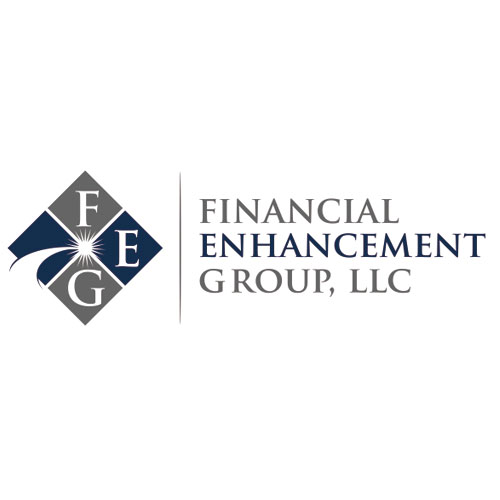[vc_row][vc_column width=”1/4″ offset=”vc_hidden-xs”][vc_widget_sidebar sidebar_id=”sidebar-main”][/vc_column][vc_column width=”3/4″][vc_column_text]
Notorious signs of market tops are emerging in the investing world. Just a few years ago, the value of the euro currency was so strong relative to the U.S. dollar that a famous model working in New York City demanded to be paid in euros rather than dollars. A Kentucky sheriff demanded to be paid in Bitcoins – an alternative currency that enjoyed epic increases in value before plummeting back to reality. Despite such hyperbole, our opinion is the U.S. is strong and safe.
Much of the U.S. and indeed the world’s economic expansion over the past seven years has come on the back of energy investment and development. Swiftly, however, we have seen a pullback in energy prices as the fate of the Bakken Fields, Delaware Flats, Canadian Tars and countless other oil deals are in economic jeopardy. And as observers of popular culture will note, these events are occurring just as Don Johnson has returned to a new television series called Blood and Oil.
The show depicts the now infamous story of the Bakken Fields, including the billions made, the six-figure camper lodging due to lack of housing and stores routinely selling out of everyday necessities. It is the story of a quiet community that strikes it rich – intentionally or not!
In 2011, the value of the U.S. dollar was questioned by Warren Buffett and legendary bond fund manager Bill Gross. But it wasn’t just money experts who questioned the greenback. Supermodel Gisele Bündchen, the Brazilian face of more than 20 brands worldwide, suddenly demanded to be paid in euros for fear that the dollar would continue to weaken amid turmoil in the financial markets. Bündchen requested Procter and Gamble pay her for endorsing its Pantene hair products in euros. The value of the dollar has increased by more than 30% relative to the euro since that time.
Bubbles in markets occur when prices no longer align with reasonable valuations. They tend to arise during times of excess available capital. Many financial experts (not supermodels) worry that the easy money policy (the quantitative easing by the Federal Reserve and Eurozone Community on top of both historically low interest rates) has created the formula for multiple potential bubbles.
We witnessed bubbles during the dot-com destruction of 2000, the housing crisis of 2007 and the worldwide equity collapse in 2008. Bubbles have been around for centuries, possibly starting with the tulip bulbs in 1637. Mass hysteria, access to easy money and innate human greed will ultimately lead to dislocated prices and valuations.
One word of caution: John Maynard Keyes, a well-known economist from the early 1900s, once said “the market can stay irrational longer than you can stay solvent.” Alan Greenspan, former Federal Reserve Chairman, once said U.S. equity markets were “irrationally exuberant.” While supermodels, investment gurus and Fed officials cannot forecast the economy with absolute certainty, it’s reasonable to expect that volatility will be a defining trait of our nation’s – and the world’s – economy.
Disclaimer: Do not construe anything written in this post or this blog in its entirety as a recommendation, research, or an offer to buy or sell any securities. Everything in this post is meant for educational and entertainment purposes only. I or my affiliates may hold positions in securities mentioned in the blog. Please see my Disclosure page for full disclaimer.[/vc_column_text][/vc_column][/vc_row][vc_row][vc_column offset=”vc_hidden-lg vc_hidden-md vc_hidden-sm”][vc_widget_sidebar sidebar_id=”sidebar-main”][/vc_column][/vc_row]



